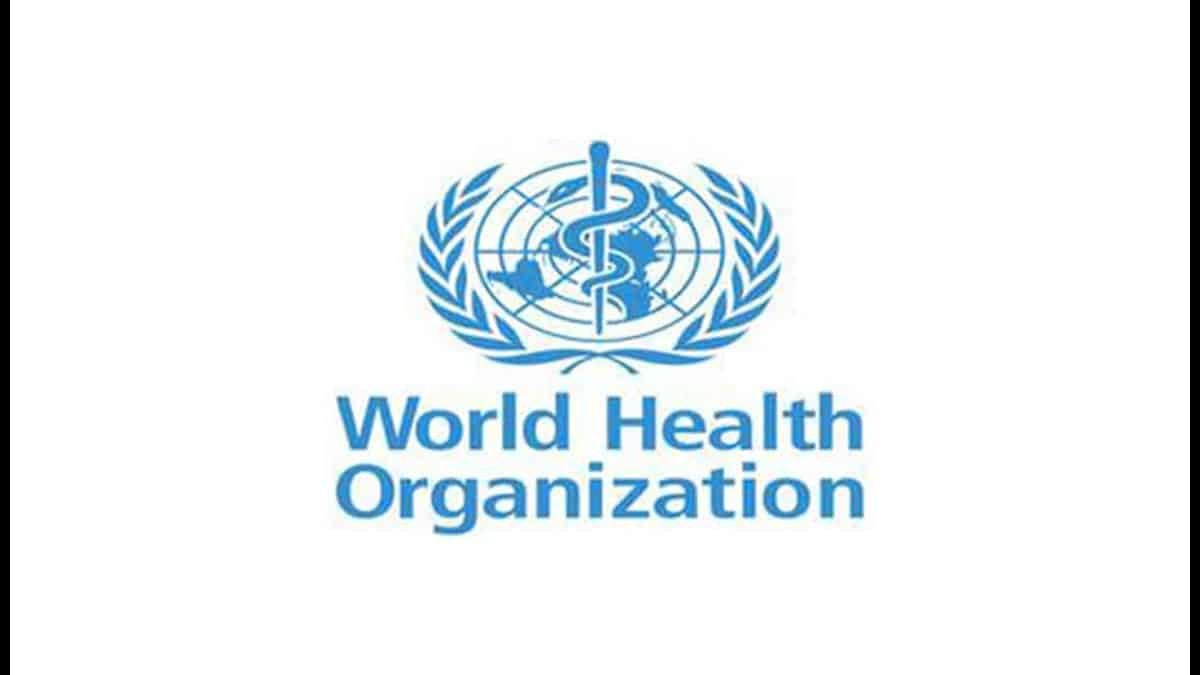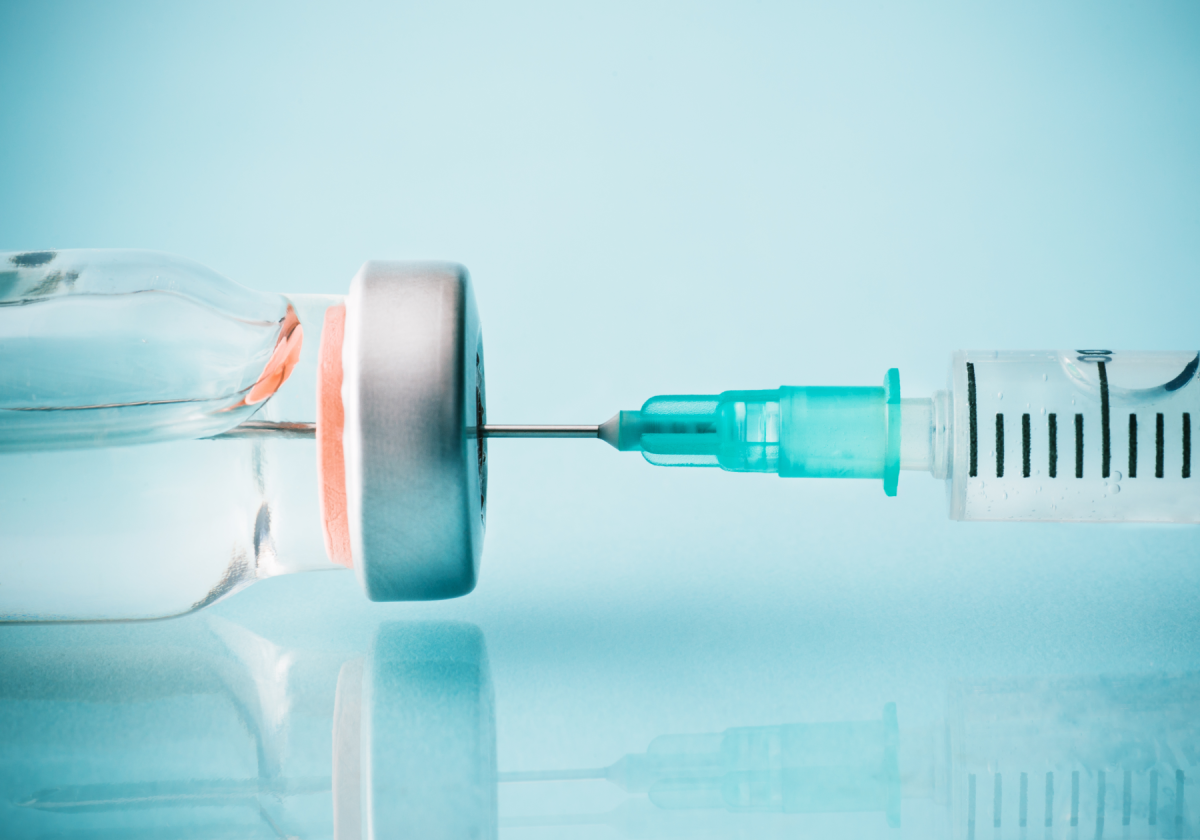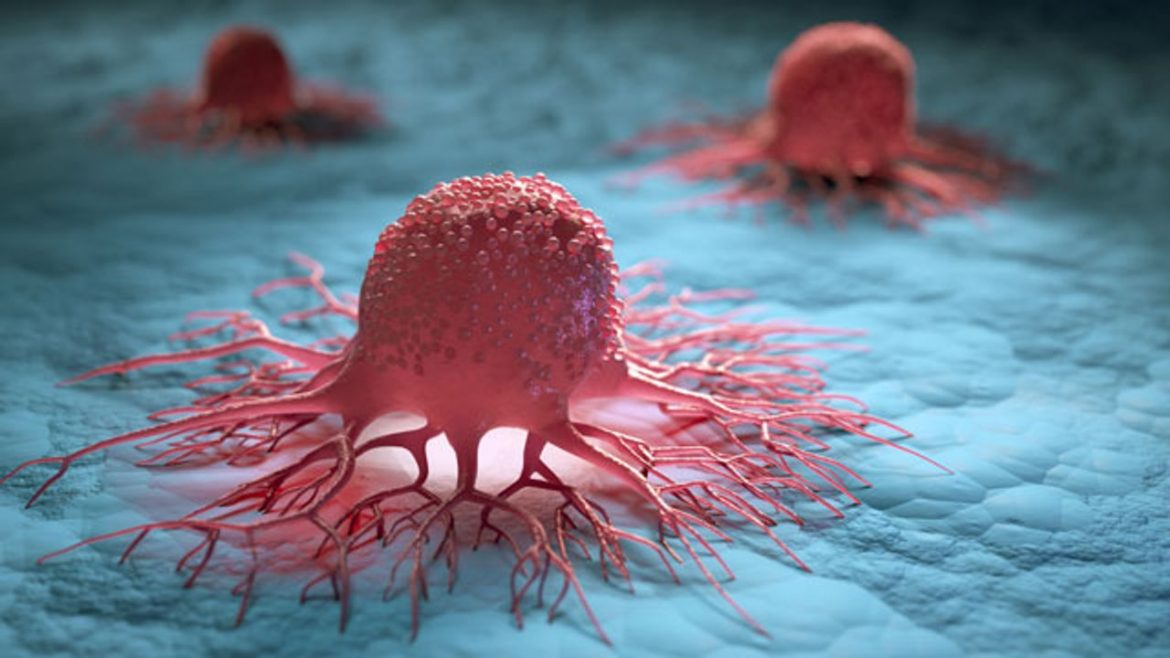Although monkeypox is not now considered a Public Health Emergency of International Concern, the World Health Organization (WHO) Director-General stated on Wednesday that the emergency nature of the occurrence required strong response activities.
Taking to Twitter, DG Tedros Adhanom Ghebreyesus wrote, “While the Emergency Committee didn’t advise that the #monkeypox outbreak represents a Public Health Emergency of International Concern, they acknowledged the emergency nature of the event requiring intense response efforts.” “They advised that I should reconvene them quickly based on the evolving situation, which I will do,” he added.
The DG stated that youngsters and pregnant women are at a heightened risk of contracting the infection while voicing concerns over the virus’s continued dissemination.
“I am concerned about sustained transmission because it would suggest that the virus is establishing itself and it could move into high-risk groups including children, the immunocompromised and pregnant women,” WHO tweeted quoting DG Ghebreyesus.
He added that since 2017, Nigeria has been dealing with an outbreak of monkeypox. The nation has recorded more instances this year, which might indicate that the number meets or surpasses earlier peaks.
More than 50 nations have already confirmed cases of monkeypox, and the trend is expected to continue.
According to the DG, the nations should follow the recommendations made by the WHO to support public health organisations.
“Right now the action WHO would like to see: countries should increase surveillance by boost testing, countries should take a best practice approach to managing the response. WHO has published clinical guidance to assist public health agencies & on the frontlines,” WHO tweet read.
Speaking on the R&D front, he said, “WHO has been convening scientists via the R&D blueprint for epidemics to speed up research and development into tests, treatments and vaccines for monkeypox and develop a protocol for therapeutic development and rollout.”
Speaking on COVID-19, he said that even relatively “moderate” cases can cause disruption and harm, advising the public to fortify their immune systems to diminish the disease’s intensity and reduce the likelihood of developing a long-term or post-COVID condition.
In terms of research and development, he emphasised the necessity to create second-generation vaccinations that might stop the virus from spreading.
“Building on existing vaccines that limit severity and prevent death, developing second-generation vaccines that stop – or at least lower infection – would be a major step forward,” he said.
“On the R&D front, it is critical that there’s funding for second-generation vaccines as well as tests and treatments. While honing vaccines to the evolving virus variants makes sense, I am concerned that the pace of mutation means the world is continuing to play catch up,” he added.
He said that the ideal solution to the disease is the development of a pan-coronavirus vaccine that covers all variants so far and potentially future ones.added
“WHO continues to convene scientists & researchers; there has been a lot of research into this virus & understanding immunology overall. With WHO’s Solidarity Trials we can also offer global trials of vaccines to establish the safety and efficacy of quickly and effectively,” he added.










